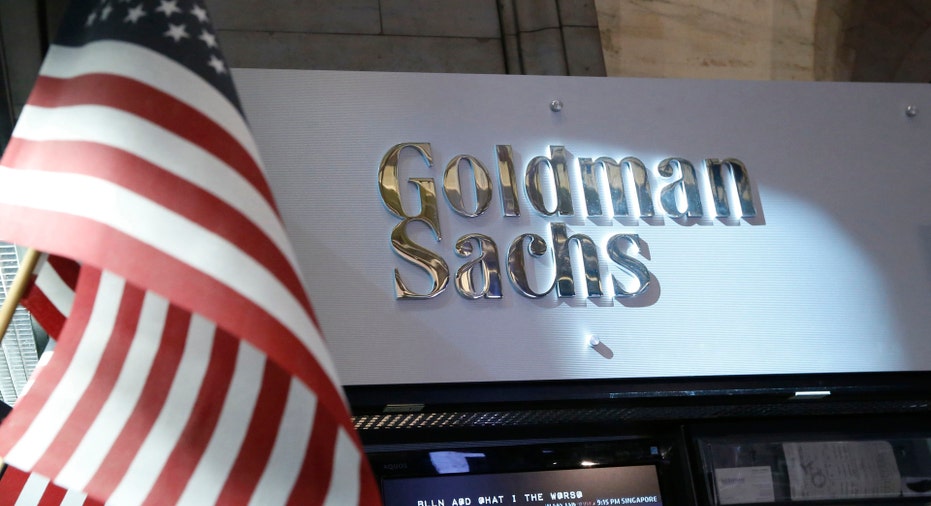Goldman Sachs starts selling some of its controversial Venezuelan bonds

Goldman Sachs Asset Management has begun selling some of the $2.8 billion in Venezuelan bonds it acquired in a controversial deal involving the country's central bank, according to people familiar with the matter.
The Wall Street firm's asset management arm sold at least $300 million face amount of the bonds to a small group of hedge funds in recent days through boutique brokerage Liquidity Finance, a person familiar with the trades said.
Liquidity Finance declined to comment.
GSAM's purchase of the bonds in May drew harsh criticism from Venezuelan opposition leaders and some investors for supplying cash to the authoritarian regime of President Nicolás Maduro while a growing number of Venezuelans starve. The sale of even a sliver of the firm's holdings shows that some on Wall Street remain eager to trade in Venezuela's high yielding debt.
Four or five hedge funds in London and New York bought the bonds of state owned oil company Petróleos de Venezuela SA, or PdVSA, due in 2022 from Goldman for about 32.5 cents on the dollar, slightly more than the 31 cents the firm paid when it purchased the bonds from Venezuela's central bank in May, according to people familiar with the matter.
Goldman sold the debt to promote trading of the bond, which the firm hopes will push prices up and legitimize the securities in the eyes of other investors, people familiar with the trades said.
The trades come as Goldman closes its books for the second quarter Friday, and could justify a higher valuation for the bonds, both in the price bump and by easing the "illiquidity discount" that is often applied to bonds that trade infrequently.
Goldman now has company in what has proven to be a controversial investment. In recent weeks, some firm executives have said privately that Goldman's chief mistake wasn't in buying the bonds -- which it felt it obligated to do on behalf of clients in its funds -- but in going it alone, buying nearly all of the $3 billion issuance. That focused the blowback squarely on Goldman, which is already a lightning rod in the public square, and left it with a shallow market to trade and value the bonds going forward.



















